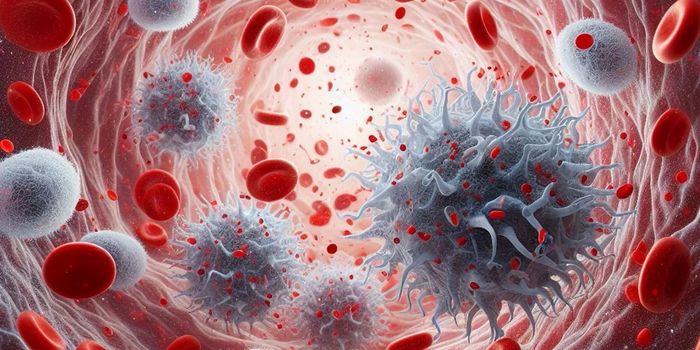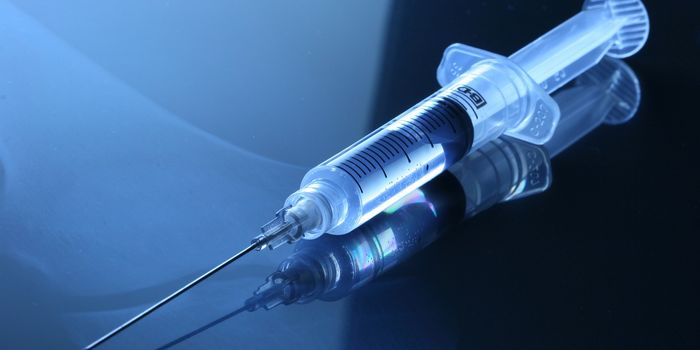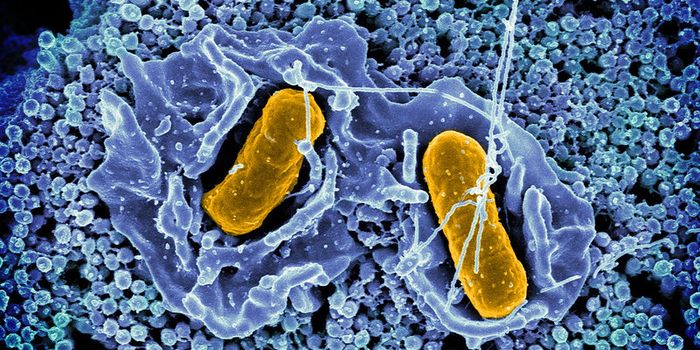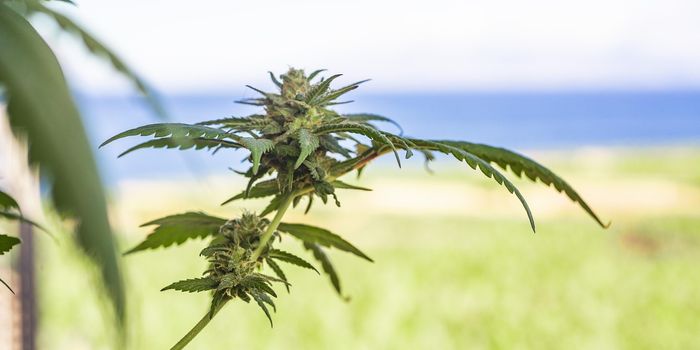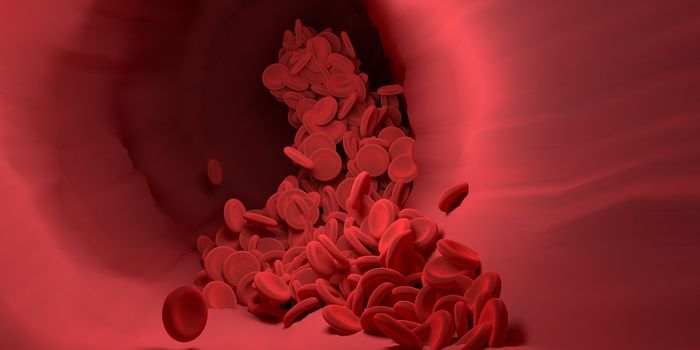As soon as the COVID-19 pandemic hit, researchers isolated SARS-CoV-2 and began studying the virus. The information scientists obtained, such as the genetic sequence of the viral genome, was put to good use, and several vaccines were developed. Now that it's been over two years since many people were first vaccinated, researchers have also been able to study how several stack up against each other; antibody production, T cells, and B cells in recipients have been assessed for mRNA vaccines made by Pfizer-BioNTech or Moderna, a protein-based vaccine made by Novavax, and the Janssen/J&J vaccine, which uses a viral vector. All of the vaccines are meant to create antibodies against the SARS-CoV-2 spike protein, which is used by the virus to infect cells. The findings, which are the first to compare three types of vaccines made for the same pathogenic target, have been reported in Cell.
"We aren't giving a vaccine scorecard," noted study co-leader and LJI Research Assistant Professor Daniela Weiskopf, Ph.D. "This kind of side-by-side analysis has never been done before with people who received different vaccines at the same time in a real life setting. Just understanding the immune responses to these vaccines will help us integrate what is successful into vaccine designs going forward."
The study found that after six months, the Moderna vaccine generated the highest level of neutralizing antibodies, followed by Pfizer-BioNTech, then Novavax. The lowest neutralizing antibody levels were triggered by the Janssen/J&J vaccine. However, the recipients of the Janssen/J&J vaccine had the highest proportion of memory B cells after six months.
All vaccines resulted in about the same levels of both memory CD4+ helper T cells and CD8+ T cells. The fewest CD8+ killer T cells were found in recipients of the Novavax vaccine. While those given Pfizer-BioNTech, Moderna, or Janssen/J&J had a more robust CD8+ response, only about 65 percent of participants still had memory CD8+ T cells after six months. The researchers noted that this immune memory might prevent infection, and while it also may not, it does stave off severe disease.
"Even if it is difficult to maintain a high level of neutralizing antibodies long term, the presence of a stable cellular immunity shows that the immune system can be reactivated very quickly, in a matter of days, if there is an infection," said study co-leader LJI Professor Alessandro Sette, Dr. Biol. Sci
The researchers also want to learn more about how booster shots may impact immune memory, and are currently investigating cases in which vaccinated people had breakthrough infections.
Sources: La Jolla Institute of Immunology, Cell



